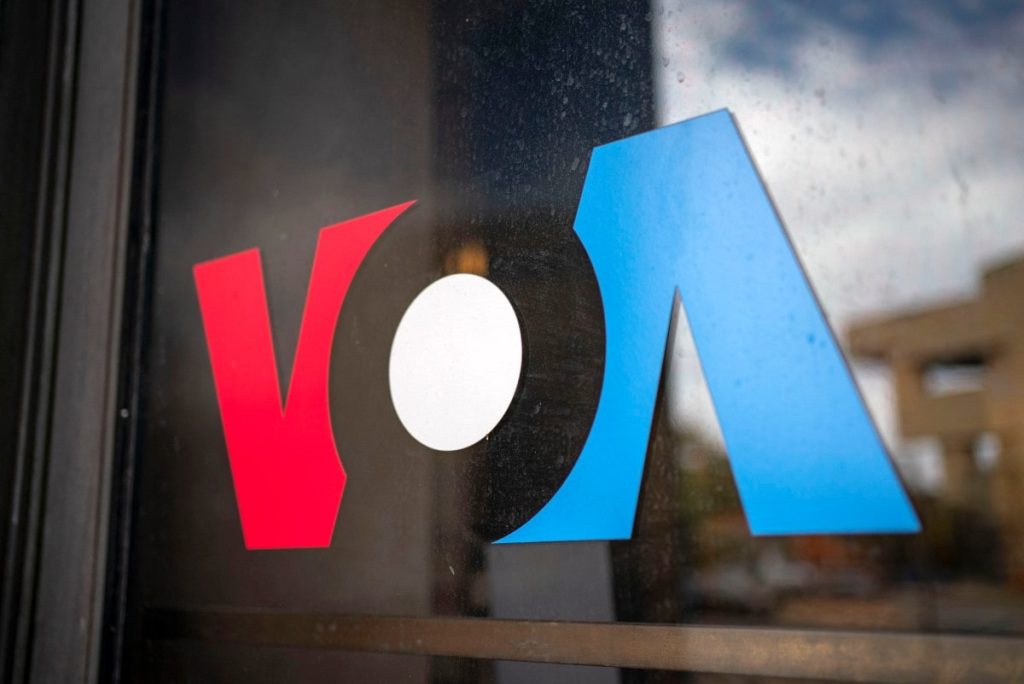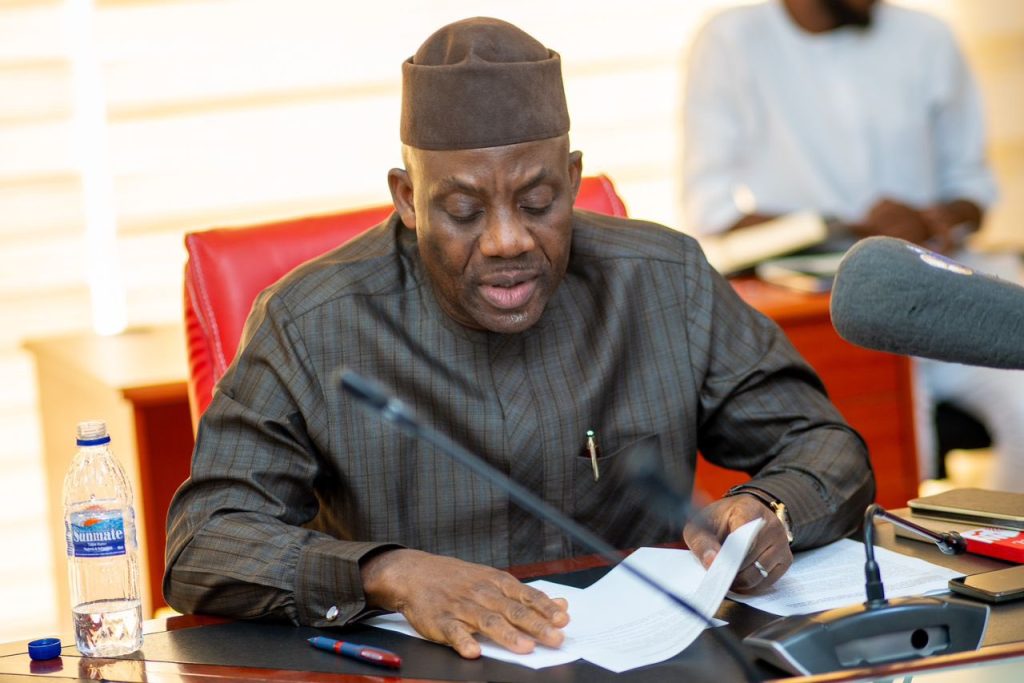In a strategic move aimed at improving government transparency and fostering direct engagement with the public, President Bola Tinubu has directed all ministers to hold regular press briefings to update Nigerians on government policies, programs, and ongoing developments in their respective ministries.
The directive, announced by the Minister of Information and National Orientation, Mohammed Idris, signals the administration’s commitment to enhanced public communication, ensuring that Nigerians receive accurate information regarding government activities while addressing misinformation and public concerns.
Background: Demand for Ministerial Accountability
This new mandate follows concerns over the failure of some ministers to adequately communicate their activities to the public. Reports indicate that not all ministers have been consistently rendering accounts of their stewardship, prompting President Tinubu’s decision to enforce mandatory periodic press engagements.
The directive builds on past efforts to assess ministerial performance, particularly after Tinubu’s first anniversary in office in 2024, when ministers were asked to present reports on their activities. At the time, sectoral media briefings were introduced as part of a low-key anniversary celebration, with each minister addressing national progress in their sector.
However, despite these efforts, there was growing dissatisfaction over the perceived lack of transparency and engagement from some cabinet members, leading to speculation about potential ministerial reshuffling ahead of the President’s second anniversary in office.
Regular Press Briefings: What to Expect
According to Minister Idris, the upcoming ministerial briefings will provide an opportunity for government officials to:
- Highlight key developments within their ministries
- Address public concerns and misconceptions
- Combat misinformation and propaganda
- Provide real-time updates on government initiatives
- Showcase progress in implementing policies and reforms
He emphasized that in 2024 alone, 25 ministers participated in these sessions, reaching millions of Nigerians via traditional and digital media platforms.
For 2025, the federal government aims to build on these efforts, using weekly or bi-weekly briefings to ensure the public remains informed and engaged in governance.
Speculations on a Cabinet Reshuffle Dismissed
Following the announcement, analysts speculated that the renewed focus on ministerial accountability could be a precursor to a major cabinet reshuffle, particularly with Tinubu’s second anniversary approaching.
However, Special Adviser on Information and Strategy, Bayo Onanuga, dismissed these claims, stating that the directive is not linked to performance assessments or plans to remove ministers.
“The President has always insisted that ministers should render accounts. People want to know what they have been doing, but not all of them have been forthcoming. By asking them now to come forward and speak, the information minister is simply implementing what the president has emphasized repeatedly—that the public deserves to know what each minister is doing. This has nothing to do with reassessment or a cabinet reshuffle,” Onanuga clarified.
A high-level source within the presidency further reiterated that this move was not an evaluation mechanism, stating:
“This is not about assessment. They have been doing these briefings before, and this is simply a continuation. Ministerial performance evaluations use different parameters altogether, and this initiative should not be mistaken for a prelude to a reshuffle.”
Lessons from the 2024 Cabinet Reshuffle
It is worth noting that President Tinubu reshuffled his cabinet in October 2024, a move that saw:
- Five ministers dismissed over alleged underperformance
- Ten ministers reassigned to new portfolios
- Seven new appointments made to revitalize key ministries
Despite this shake-up, some underperforming ministers retained their positions, raising questions about the evaluation criteria used in ministerial assessments.
Given the historical context, it is understandable why the latest directive has fueled speculation. However, senior government officials maintain that the upcoming press briefings are strictly about public communication and not ministerial reviews.
Reactions from Civil Society and Political Analysts
Political analysts and civil society groups have welcomed the initiative but insist that government communication alone is not enough—citizens expect tangible results and measurable progress.
A political commentator, Dr. Bamidele Yusuf, stated:
“Periodic press briefings are a step in the right direction for transparency, but the real question is: Are the policies delivering actual results for Nigerians? It is one thing to communicate; it is another to perform. Nigerians are watching closely.”
Similarly, advocacy groups have urged ministers to use these briefings to engage meaningfully with the public and not just for political rhetoric or self-promotion.
What This Means for Governance in Nigeria
By institutionalizing regular press briefings, the Tinubu administration aims to:
- Bridge the communication gap between the government and the public
- Increase accountability in policy implementation
- Ensure greater transparency in governance
- Combat misinformation and media manipulation
- Encourage public participation in government initiatives
The success of this initiative will largely depend on how consistently and effectively ministers engage the public. Nigerians will be closely monitoring these briefings, assessing not only what is being communicated but also what is being delivered.
Conclusion
President Tinubu’s directive for regular ministerial press briefings is a bold step toward enhancing transparency, fostering public trust, and ensuring accountability in governance. While it has sparked speculation about a potential cabinet reshuffle, government insiders insist that the move is strictly about improving communication with Nigerians.
As the initiative takes effect, the real test will be whether ministers can translate their words into tangible actions that improve governance and address the challenges facing the nation. The coming months will reveal whether this strategy builds public confidence or remains another political routine.













